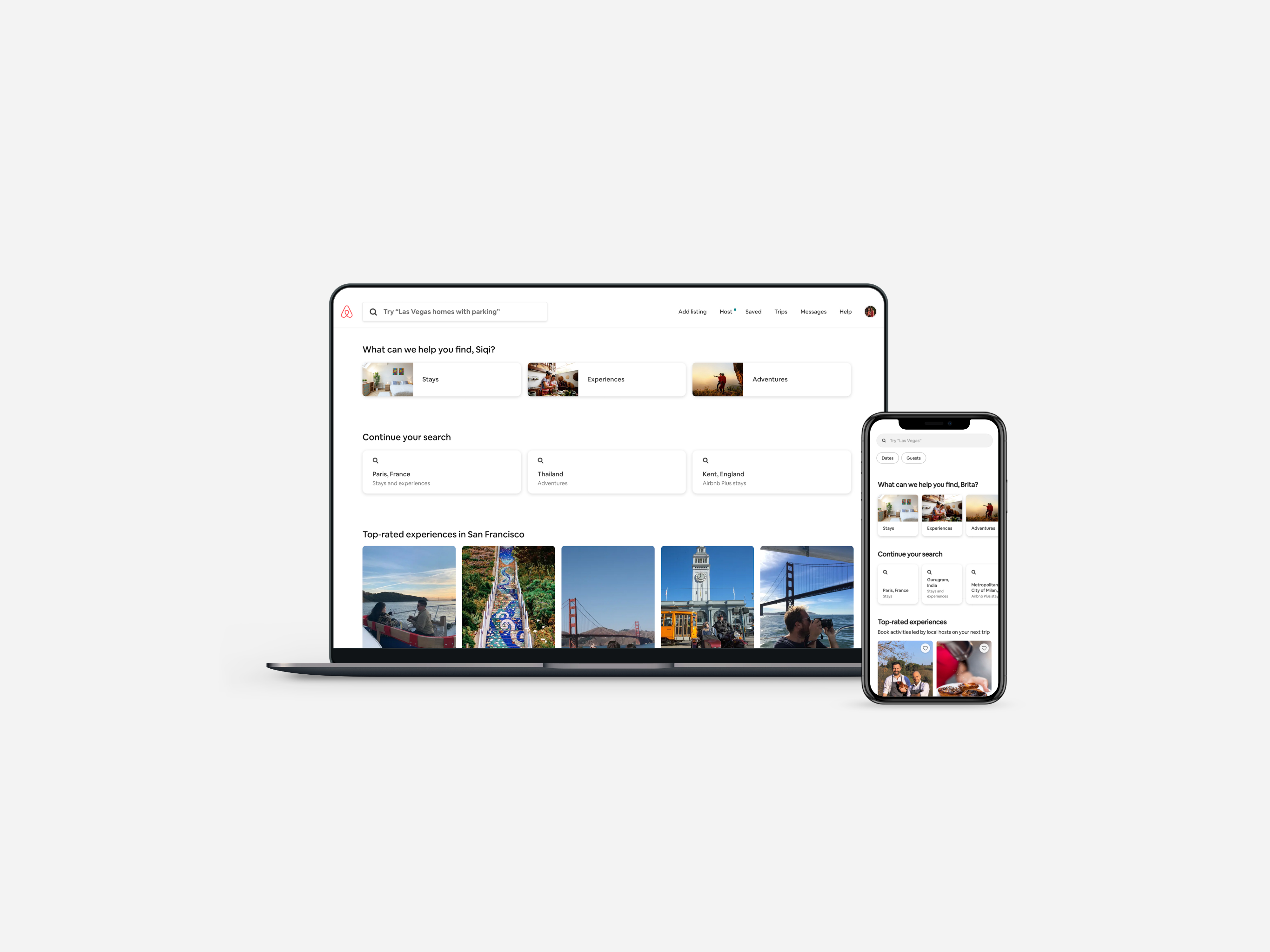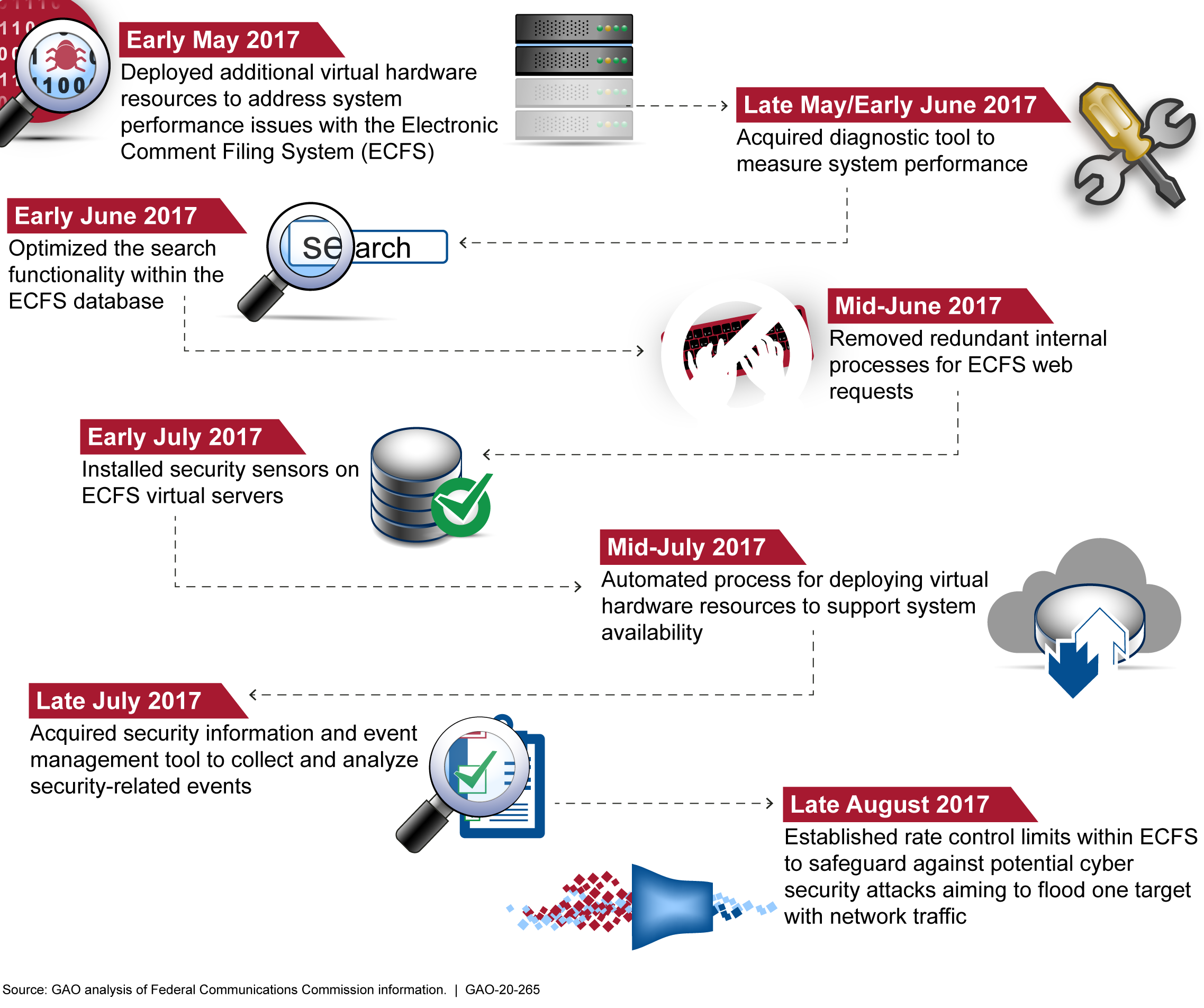The coronavirus has decimated the travel industry, and Airbnb, the home rental company that appeared unstoppable not so long ago, has not been spared.
While the headlines have focused on the measures it’s taking to stockpile cash to offset its losses, behind the scenes, the nearly 12-year-old company has been busily redesigning its products. These include rethinking its home screen and app landing pages to reflect a world where short-term stays are out and longer-term stays — including for medical professionals needing to quarantine themselves from their families — are in.
We talked with Airbnb’s chief design officer, Alex Schleifer, to learn more about what’s been changing behind the scenes, and how. Our chat has been edited lightly for length and clarity.
TC: Airbnb’s home page is suddenly very focused on three things — online experiences, monthly stays and what you’re calling “frontline,” which is an area for hosts to offer housing to healthcare staff and first responders. What was that design process like and how long did it take?
AS: Our team mapped it out in under three weeks. There were a couple hundred employees working on the project at any point in time — people from ops, products, localization, design, policy, engineering. It’s a complex operation (here); everything we need to do needs to be done in 60 languages. Because of the scale of everything we do, the idea is often the easiest piece.
The difficulty was [sharpened] because the crisis was also impacting us. Everyone was working from home. There were questions around how do we do childcare, for example. But there was still immense energy, including because we had thousands of hosts contacting us and saying, ‘We want to help.’
TC: Where exactly do you start on a redesign like this one?
AS: You define the scope of it. You could put a banner on your home page, or you can start talking with hosts and governments to understand what kind of help they need and whether this is something they want, then you start building. Part of that is looking at the behavior of the guests on our platform in real time, which changes every day. It’s also a matter of talking with other travel partners and seeing what they are doing.
Ultimately, we [decided to take] over a pretty large amount of real estate so front-line workers know where to go. They also use our core search, but we want to make sure they have specific space for people who want to donate space or support the program. We had a goal of 100,000 homes that would be provided, but we beat that goal faster than we thought we would.
TC: Are these spaces being offered at no cost?
AS: They are donated or offered at reduced pricing.
TC: Another new section now centers around ‘online experiences.’ These are hosts who are offering their own classes on cooking and other things?
AS: Yes, like “Sangria mixing with Pedro,” which is a cocktail mixing show with a lot of entertainment. Airbnb is all about connection — it’s built on hosting. But if not everybody is able to travel, the question becomes: what are our options here? We discussed a lot of ideas, but the way we were working and connecting as a team [remotely] and living online with family made this idea more concrete for us. So we contacted hosts, did trial runs with these hosts with mic set-ups [and everything else required] and launched with 50 people. Now, we have nearly 100 hosts offering experiences online and thousands more who’ve offered to host experiences. Some of the most popular offerings — which aren’t one-to-many experience where you are watching a show but rather an interactive experience — are already sold out.

(Above, Airbnb’s homepage before the updates.)
TC: Do you see this becoming a sizable piece of Airbnb’s business going forward?
AS: It’s only a few weeks old, but even for a product in its first version, we were really enjoying this. It has beaten expectations, and I do think it will be a huge business for us as we get out of the pandemic because it allows hosts to host both online and real-world experiences.
TC: I’m sure a lot of ideas have been batted around. How are you choosing what to circle around?
AS: We’re lucky to sit on a lot of data, but you can only test so much. You need really strong and fast decision-making, so leadership and the executive team would meet daily.
The other thing that as a designer I appreciate is we made sure to remove abstract layers of communication. We wouldn’t just load up a Google doc but we made it real using [the collaborative interface design tool] Figma to look at all the designs and quickly prototype and screen-share, whether with the experiences team or me or [CEO] Brian [Chesky], to see what customers would see and make decisions.
TC: You mention Figma. What other tools have you been relying on more heavily as you work from home?
AS: We like to use as few tools as possible, but Figma is a game changer because people can see decisions being made live. Google Docs is really powerful for us. Slack also allows us to work asynchronously, which is important. And Zoom has been critical to everyone.
TC: Things are changing by the day. Parts of the world are opening while others remain shut. How is this impacting your work?
AS: We built the product and site to be really modular and also targetable by region because you’re right, the world will open up on different schedules with different restrictions and permutations and we want to make sure we can offer to people what is available to them. In some cases, they might be [hampered by] travel within a certain distance, or air travel might not be open, so we want to help people to find things that are close by.
We’re also building other pieces continuously, some in direct response to the crisis, including a hub that communicates to our guests and hosts what’s happening with travel and what happens after the storm.
As a global company, we’re pretty used to [adapting to change]. Of course, this is a different scale.









